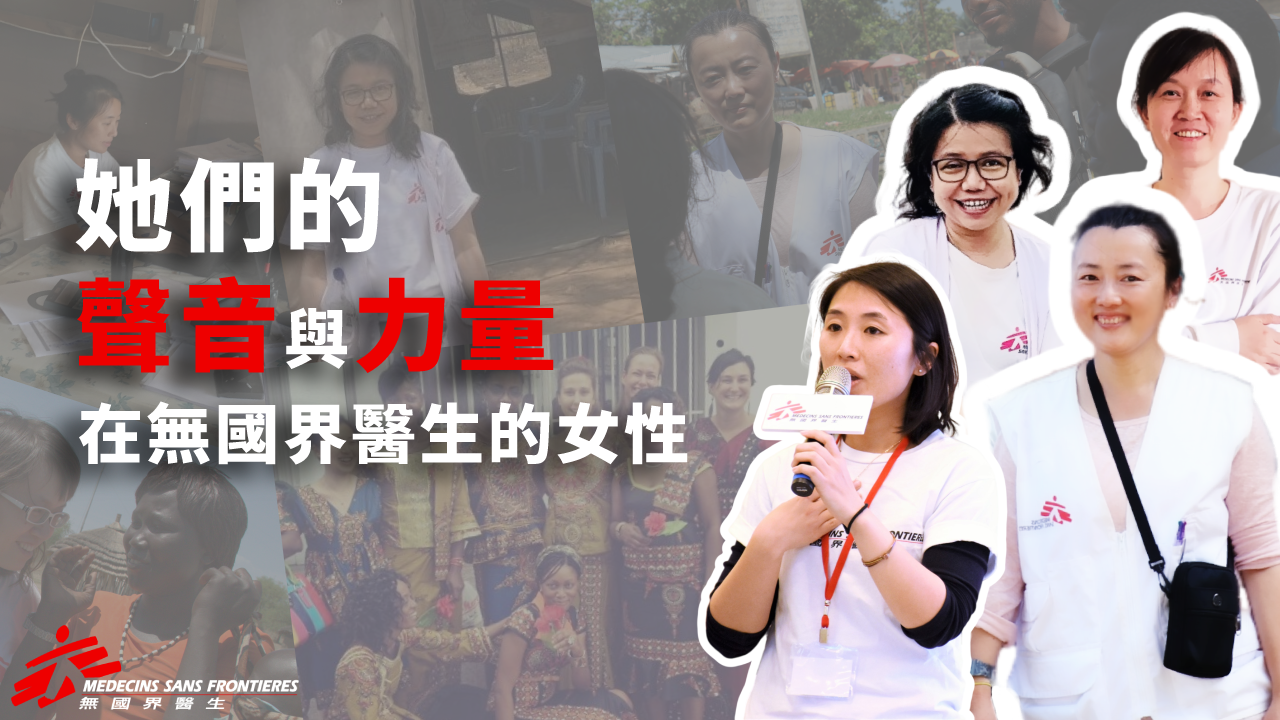Sherlock Holmes in Triage Station
Nov 18, 2014
In Ebola treatment center, most of the medical personnel are working in triage, suspected and confirmed area. As I have emergency triage experience, so it is natural that I am deployed to work in the triage.
Triage is the frontline in an Ebola treatment center. We are working like investigators to sort out suspected cases from all attendants. Once we identify the suspected case, we immediately isolate and examine the patient. It is not just for patient but also important to avoid the exposure to other people in the community. We make the decision based on patient’s medical conditions, vital signs and contact history, place of residence, hospitalization record and occupation which are provided by patients or their family. Then we have to determine the risk of infection and whether we need to put the patient into the suspected area which is in high risk zone for blood test.
In triage, we often have to deal with borderline cases and face dilemma. Due to cultural and language barriers it is not easy to get the true and complete picture from the information given by the patient. In addition, Ebola and malaria have similar symptoms, but malaria is very common here. It is not easy to differentiate Ebola from malaria based on the limited information I collect in triage. It makes my work and judgment more difficult.
You may say that I can simply put all attendants into a suspected area and do a blood test for everyone. Laboratory results then can tell me everything afterwards, but it will not be a misallocation of resources. And the biggest problem is by putting the non-infected patients into a high risk area with no reason, it increases their chance of getting infected from this unnecessary exposure. So the biggest challenge is to make a quick and right triage, and avoid putting a wrong person in, or let a right person out. This is my work in Ebola treatment center. I spend every single minute in making a right decision.






Leave a Comment